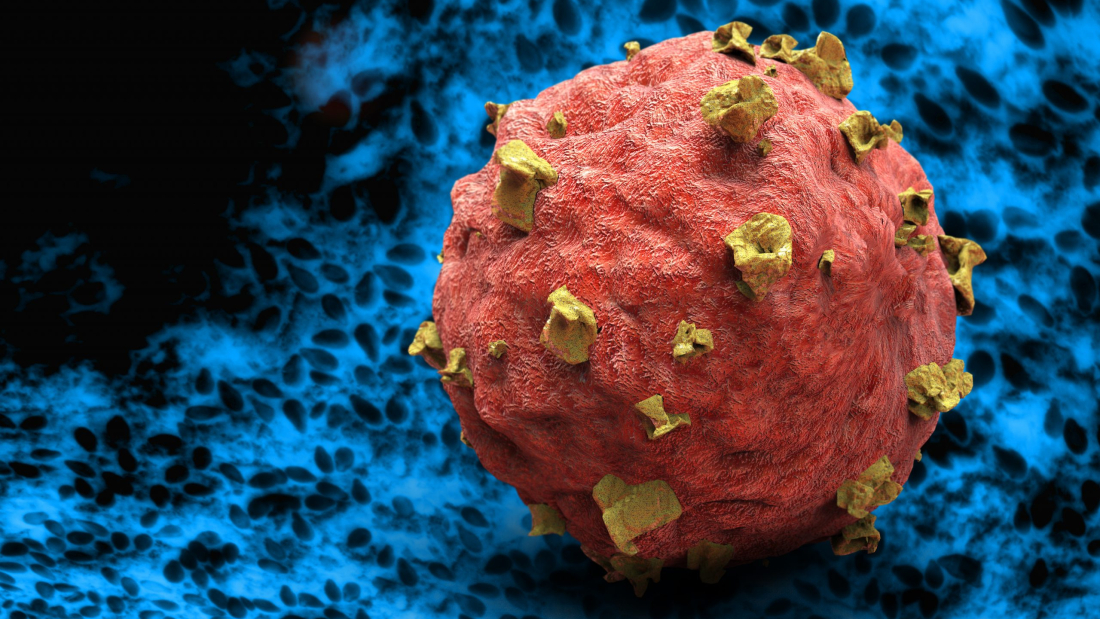Under stress from chemotherapy or radiation, some cancer cells dodge death by consuming a bit of themselves, allowing them to essentially sleep through treatment and later awaken as tougher, resistant disease.
Interfering with a single cancer-promoting protein and its receptor can turn this resistance mechanism into lethal, runaway self-cannibalization, researchers at The University of Texas MD Anderson Cancer Center report in the journal Cell Reports. “Prolactin is a potent growth factor for many types of cancers, including ovarian cancer,” said senior author Anil Sood, M.D., professor of Gynecologic Oncology and Reproductive Medicine. “When we block prolactin signaling, it sets off a chain of downstream events that result in cell death by autophagy.”
Autophagy—self-eating—is a natural cellular defense against lack of nutrients and other stressors. It also recycles damaged organelles and proteins for new use by the cell. Autophagy puts the cell in an inactive quiet state called quiescence, which allows it to recover, Sood said. For cancer cells, it’s a way to survive treatment. “Our findings provide a clinical rationale for blocking prolactin and its receptor and for using prolonged autophagy as an alternative strategy for treating cancers,” said Yunfei Wen, Ph.D., first author of this study and instructor of Gynecologic Oncology.
Steep reductions in tumor weight for mice with ovarian cancer
Prolactin (PRL) is a hormone previously implicated in ovarian, endometrial and other cancer development and progression. When PRL binds to its cell membrane receptor, PRLR, activation of cancer-promoting cell signaling pathways follows. Poor understanding of the underlying processes has made the pathway hard to target for cancer treatment, Sood said.
Given that knowledge, the researchers started with mouse experiments and worked backward to cell line experiments, a reversal of the usual order of preclinical cancer research.
Read Full Story here
Source: The University of Texas MD Anderson Cancer Center


Add a Comment